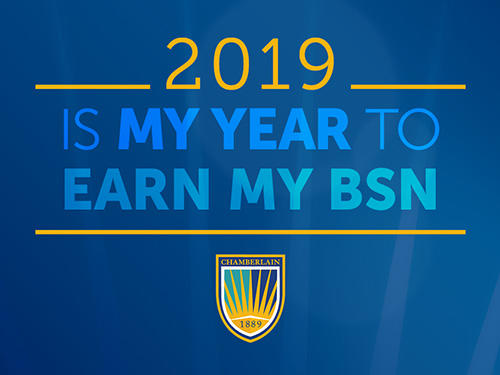Featured
Tags
Share
- Home / Blog / Care For You / Becoming a Better Writer
Becoming a Better Writer

As a student, you will be frequently asked to communicate through the written, or typed, word. This is especially true when you are an online learner. Whether you are composing a paper or a discussion post, the following tips will help you improve your writing skills.
-
Create talking points. Develop an outline of your ideas before you begin. Construct a list of points you want to make throughout your paper. Later, when you review your work, check off these points to be sure that you have covered them all.
-
Wait to review. Once you have finished your writing, it’s tempting to give it a quick check and submit it. Instead, allow time to pass before you re-read it. This lets you critique your writing with a fresh perspective. You may find errors you originally missed, or better ways to express your thoughts.
-
Seek critique. Approach a friend or family member who may be willing to critique your writing. Your school may even offer writing assistance through a tutoring service, peer tutor or mentor. Encourage them to provide constructive comments about the style and substance of your writing as well as provide feedback on the mechanics such as typos, grammatical mistakes and punctuation errors. Avoid being defensive – they are there to help! Be open to their suggestions.
-
Express yourself. You may be asked to keep a journal or blog to document your experiences. Unlike a formal paper, this style of writing may call for you to document your thoughts and feelings. Ask to see an example of this type of writing if you are unsure of what is expected.
-
Choose smart software. Choose software to write your paper that has built-in features such as spell checking and grammar correction. If you are asked to follow a particular format, check to see if there is a template available for you to use. The template may aid you in formatting such items as footnotes, references and headers.
-
Avoid plagiarism. It’s tempting to “cut and paste” text from an online source into your paper when you feel that the author is expressing the same opinions that you hold. Although this is easy to do, copying could be construed as cheating if you do not give proper credit to the source. Follow the guidelines your teacher has recommended to cite and reference resources. Slightly changing the words may also be considered plagiarism. Remember, your teacher needs to assess your understanding of the subject and therefore expects to read your original work.
-
Submit your work. Know the teacher’s rules for submitting your writing. Do you need to use a particular software application or form or writing template? Is your paper to be submitted online in a specific way, such as an attachment to an email message? The rules will vary, so be sure that you know what is expected of you.
-
Use writing aids. Refer to dictionaries and thesauruses along the way. You may find these online or embedded in your word processing application. These aids help you to find just the right words to convey your ideas. An online style guide can assist you when you have questions about sentence structure or how to list citations.
-
Surf online for advice. Search online for free advice on how to improve your writing. Use a search engine to help you narrow your search, e.g., type in “how to write a blog” if this is the information you seek.
-
Find quality resources. The Internet is great place to locate resources and reference material, but keep in mind that anyone can post anything. Just because it’s online doesn’t mean it is accurate. Research your sources to be sure that they are worthy. Questions include, “Who is the author? What is the site’s purpose? Is the information up-to-date? Can I tell how old the source is?” Your teacher may provide you with more criteria on how to judge a quality resource.
Your writing expertise will grow with practice and experience. Consider trying a couple of these tips to start, and later add more to your skill set until you become an expert writer.
By Julie McAfooes
More from Care For You
Request More Information
To receive the Chamberlain University Program Guide, including associated career paths, please select a program of study.







